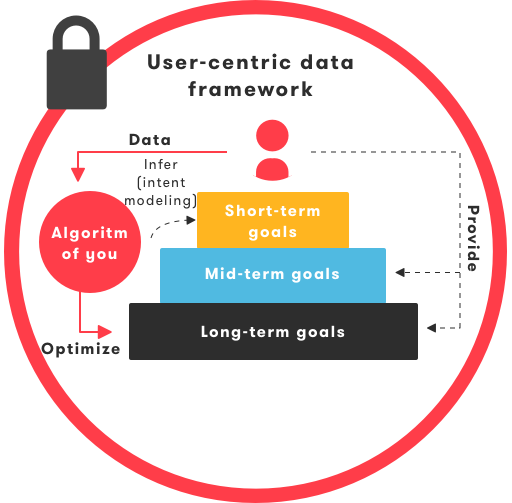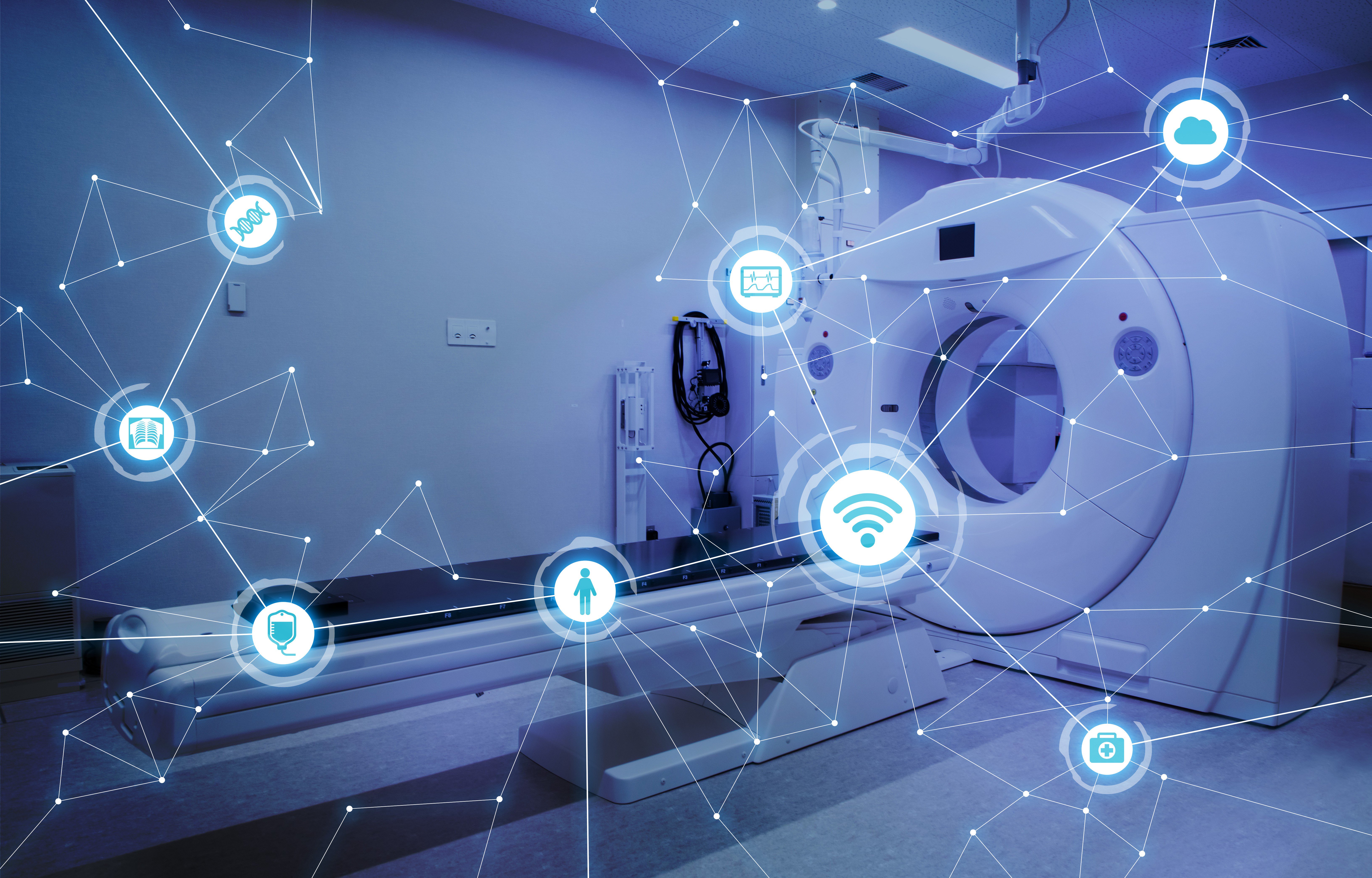In this article, we dive into the world of human-centric AI, leading to a new era where the individual not only controls the data, but also steers the algorithms to ensure fairness, privacy and trust. Breaking free from filter bubbles and detrimental echo chambers that skew the individual’s worldview allows the user to truly benefit from today’s AI revolution.
Read More
Topics:
AI,
Data Science,
Behavioral Change
In just a few years, it will be practically impossible to find a single industry left unaffected by the meteoric rise of Artificial Intelligence.
This disruptive blend of computer science, statistical models, and reasoning with big data is propelling the Fourth Industrial Revolution forward and changing core industries like agriculture, energy and healthcare while also hinting at solutions to a range of modern challenges.
But how is the world of retail using AI to transform the in-store environment to offer superior experiences and achieve higher revenues?
Read More
Topics:
AI,
AI Platforms,
Business,
Retail,
Startups
Alphabet’s DeepMind unit, conqueror of Go and other games, is losing lots of money. Continued deficits could imperil investments in AI.
Read More
Topics:
Big Data,
Business
It’s no secret that the opportunity in unearthing hidden insights in healthcare data is huge. “The biosciences are swimming in data. The total amount of knowledge in healthcare doubles every 73 days, and it turns out that scientists can now create more information in a couple of weeks, than they could create in a lifetime only three years ago.”
Read More
Topics:
Medicine,
Digital Health,
HealthTech
There is much excitement in the world of AI and healthcare. From the promise of mass analysis and management of patient health records, to advanced predictive diagnosis methods, it’s easy to be optimistic about the future of healthcare when you consider the potential power of well-distributed, ethically robust and technically advanced AI systems.
Read More
Topics:
AI,
Medicine,
Digital Health,
HealthTech
Corporates like to talk about AI. In pitch decks, at company meetings, in comments in media editorials. Wherever there is a chance to flaunt know-how and corporate innovation efforts – and in the AI world, there are plenty of these opportunities – corporates will jump at the chance to talk about how they are rapidly employing AI methodologies and technologies into their operations and offerings.
Read More
Topics:
AI
Many enterprises are turning to conversational artificial intelligence (AI) to improve productivity within their organizations. But can a chatbot be so helpful that it impacts staff behavior and increases their productivity at the same time?
Read More
Topics:
AI,
AI Platforms,
Chatbot
We're pleased to announce the return of World Summit AI, the world’s leading summit for the entire AI ecosystem from Enterprise to Big Tech, Startups, Investors and Science. In partnership with the United Nations, ITU, AI Commons.Org and XPrize, World Summit AI has both a strong ethics and business focus, putting people on stage who would not normally get the chance to be on stage including the Afghan Robotics team and the Inspiring 50 young girls.
Read More
Topics:
AI,
Press Release
Artificial Solutions, the leading specialist in enterprise-strength conversational AI, has announced that it is continuing its successful momentum as the conversational AI market starts to mature.
Read More
Topics:
Press Release
The growth of conversational AI technologies is undeniable. By 2020, over 80 percent of businesses are expected to have adopted chatbots or some level of conversational automation. Meanwhile, the consumer appetite for multi-platform, always-on conversational channels is high; 53 percent of customers are more likely to shop with businesses that they can message.
Read More
Topics:
Interview,
Enterprise AI
.png?width=259&name=WSAI%20Amsterdam%20Orange%20no%20dates%202000x300%20(1).png)
.png?width=263&name=IM_Mothership_assets_LOGO_MINT%20(2).png)









